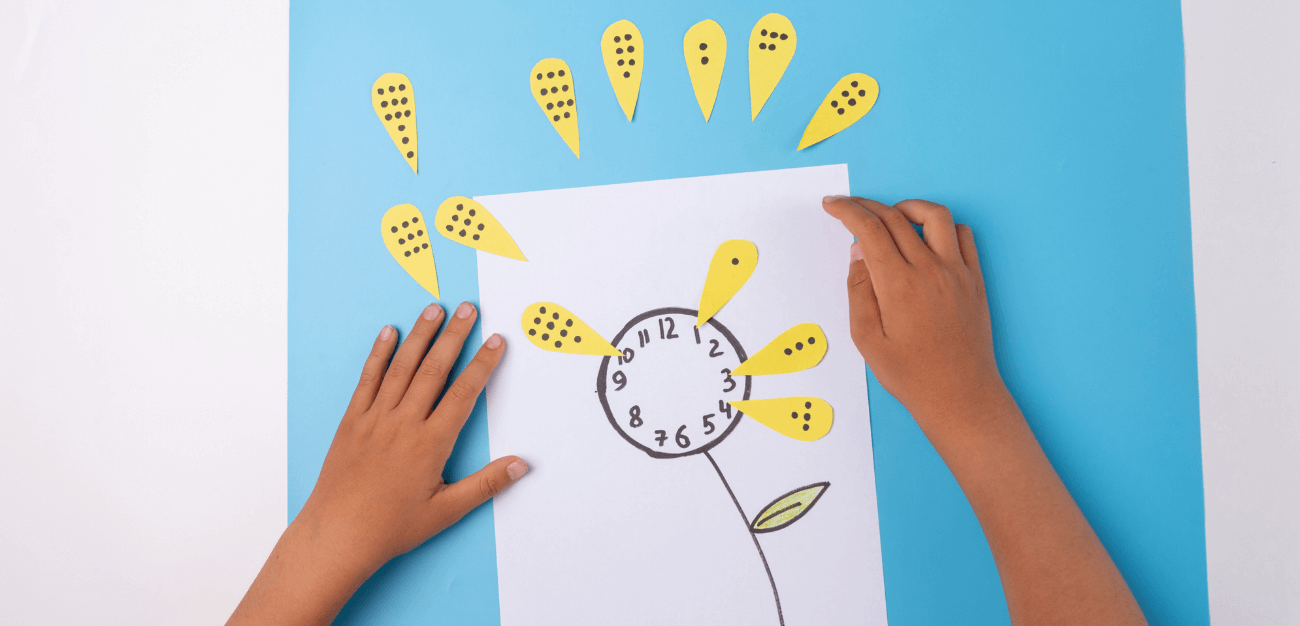Knowing if your child has number sense is something every parent/guardian should be concerned about. In this blog post, we will discuss the signs that indicate good number sense. We will also look at how math tutoring can help those with a gap in learning.
A Daunting Concept
We all want our children to grow up well-rounded and equipped with knowledge, but some skills seem more elusive than others. This can be especially true when it comes to math; while you may know the basics of teaching addition and subtraction, do you really understand how your child is grasping the concepts of number sense?
As daunting as the concept might be, understanding number sense is an essential part of setting your child up for academic success – so let’s take a look at what it means to have number sense and how we can help our kids develop it!
What Is Number Sense?
Have you ever encountered situations where your children are solving math problems in their heads, and the answer just seems to pop right out? If so, then it’s likely that they have what is known as number sense – a concept which has become increasingly important for parents to recognize.
Plain and simple, number sense is a person’s ability to understand, relate, and connect numbers. It is the sense of what numbers mean. It is an important skill for mathematical learning and competent number problem-solving. It includes the ability to understand number relationships, magnitude, and number representation. Number sense is a building block for later number skills like addition, subtraction, multiplication and division.
How To Tell?
At this point, you may be asking yourself, how do I know if my child has number sense? First, children with trouble with number sense often show signs at an early age. These children will typically tend to struggle with basic operations such as addition and subtraction. They may also exhibit trouble with everyday tasks such as handling money, judging time and measuring quantities.
As children get older and start learning more complex mathematical concepts and principles, they will be likely to say they “don’t get it,” or that it “doesn’t make sense.” If this sounds familiar, then your child may be missing number sense.
If this problem continues, a child can increasingly feel lost as they move up through the school grades. Year after year, the gap in learning will grow between what they are being taught and what they truly understand. When older children lack number sense, they need to work harder and longer than they should have to solve math problems. This is a significant reason why so many children may need math tutoring.
How Can I Teach My Child Number Sense?
If your child has a learning gap and is missing number sense, you are most likely wondering how you can help. There are many things that parents/guardians can do to help their children.
According to research, number sense can be developed by providing meaningful activities that allow children to explore number concepts in different engaging ways. At Dropkick Math Academy, we believe that the development of number sense depends on fostering active engagement in number experiences from an early age that promotes the ability to think flexibly about numbers in various contexts.
Teaching number sense to a child involves presenting numbers in a way the child can understand, providing opportunities for number exploration, and guiding their discovery of number relationships. With guided instruction, children can connect number symbols with quantity, associate numbers with specific patterns, recognize numerical sequences and work on basic number problems.
Fun activities like counting objects out loud or matching numerals to daily activities help children learn number sense quickly. Math manipulatives can be a great tool to help children learn about number sense.
Engaging with stories about counting or singing number songs can also be inexpensive and entertaining ways to teach number sense to a child. With patience, dedication and encouragement from parents or teachers, any child can develop their number sense faster.
Getting Help From A Professional
In addition to learning at home, many children will need extra help from a professional. At Dropkick Math Academy, we use certified Ontario teachers to ensure our students receive the best quality of math tutoring available. Our certified teachers understand how to teach children at every level and can provide customized strategies tailored to every student’s needs.
Our tutors are dedicated employees with a proven track record of success in the education field and strive for excellence in all aspects of tutoring – from advising students on the techniques needed to understand complex math problems to helping them understand and reshape their approach to problem-solving. Our certified Ontario teachers are the glue that binds our program together!
Getting The Help They Need
As children begin to learn math, it is vital for them to improve their skills and practice number sense so it does not last into adulthood. Unfortunately, the pandemic caused many students to have a loss in learning over the past couple of years, so it is imperative that children get the help they need before it becomes a bigger problem.
At Dropkick Math Academy, our programs focus on the four pillars of math (number sense, operational sense, proportional reasoning, algebraic reasoning), which help to ensure a child’s knowledge of mathematics starts at the root.
Click to learn more about our programs and how we can help get your child back on track while boosting their confidence in math!





